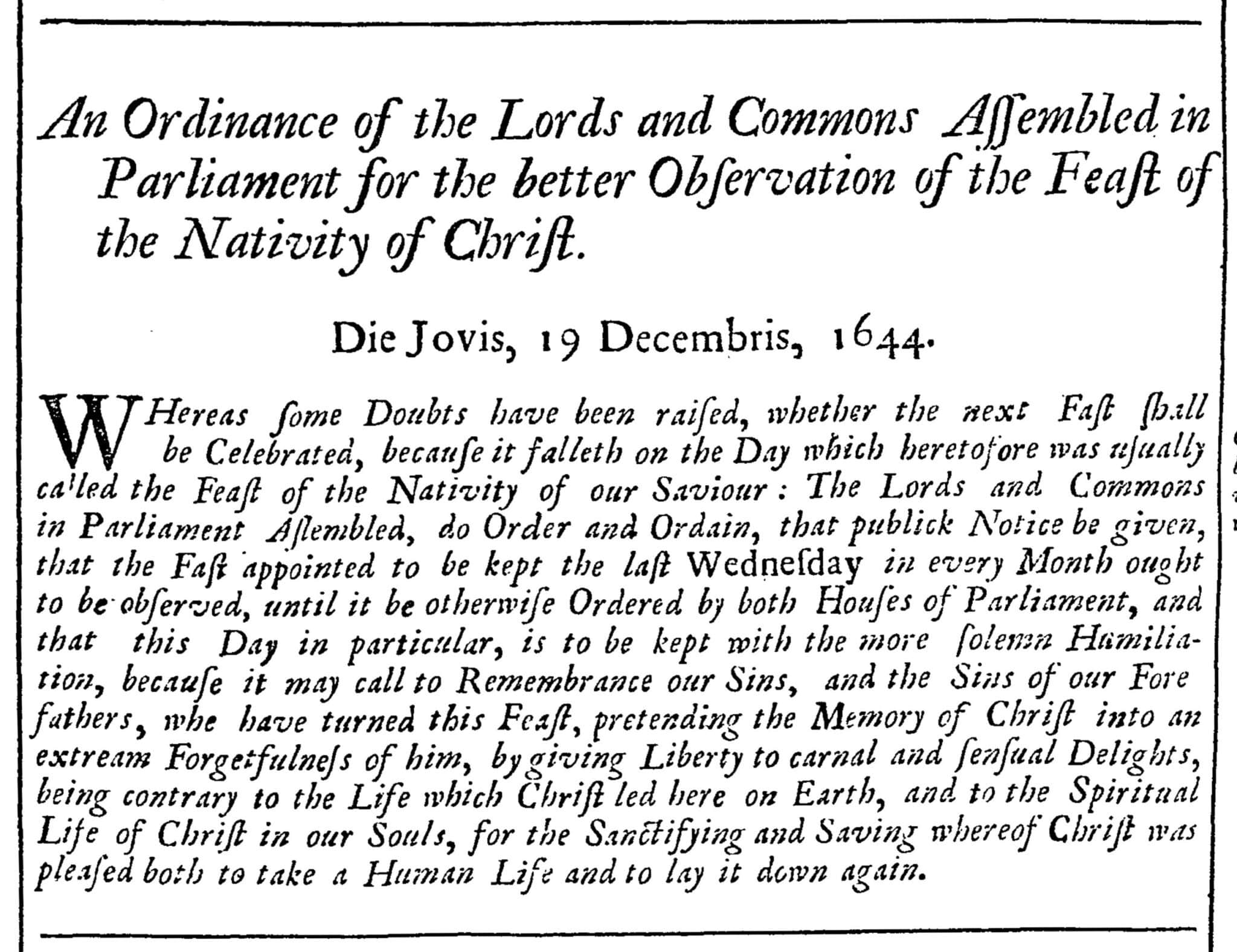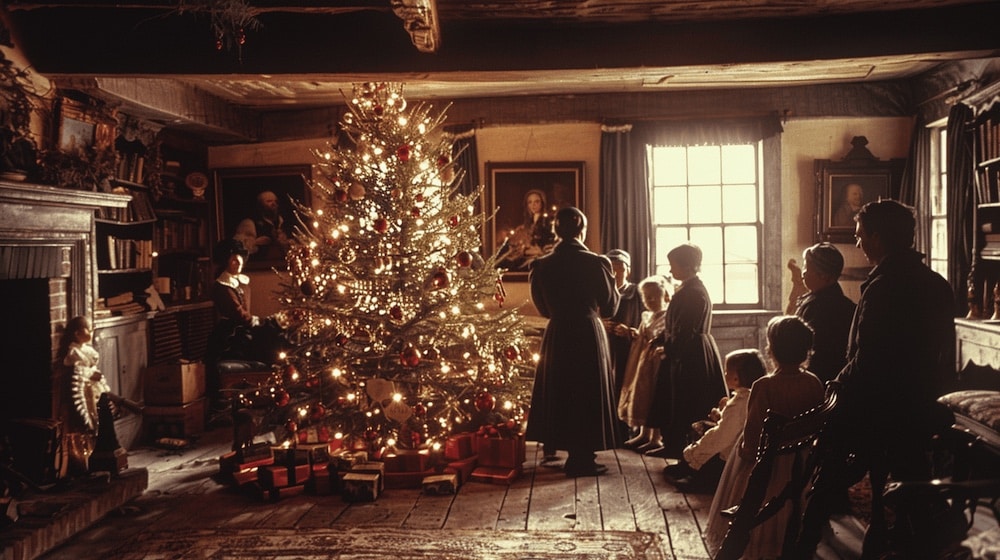Dr. Suess’ Grinch
A sure sign that a movie is destined to be a classic is when the name of its main character gets its own entry in the dictionary. And so it was for How the Grinch Stole Christmas.
While Dr. Suess’ story of a green grouch who unsuccessfully tries to steal away Christmas from the unsuspecting Whos of Whoville was well received when it was printed in picture book form back in 1957, it was not until it was animated in 1966 that it achieved its iconic cultural status.
That same year, the word Grinch started being thrown around alongside the much older and more literary Scrooge. By 1970, it was welcomed into the pages of the Merriam-Webster dictionary, defined as a “grumpy person who spoils the pleasure of others.”
Even if you didn’t know that exact history, unless you have been living under a rock for the past 60 years, you no doubt know what a Grinch is and who the Dr. Suess’ Grinch that inspired the word was.









